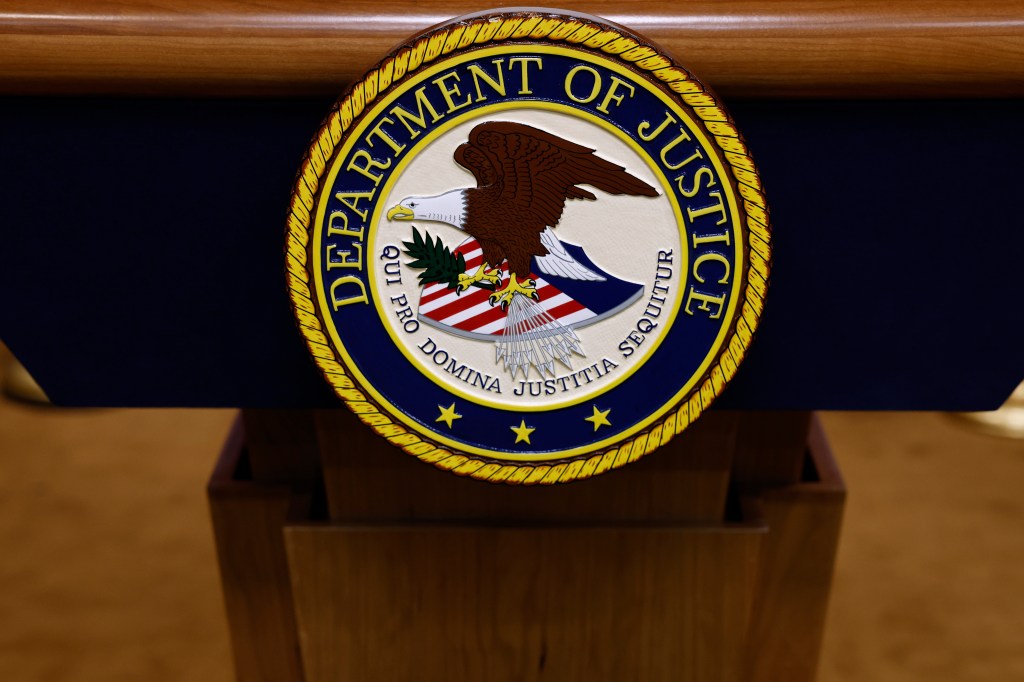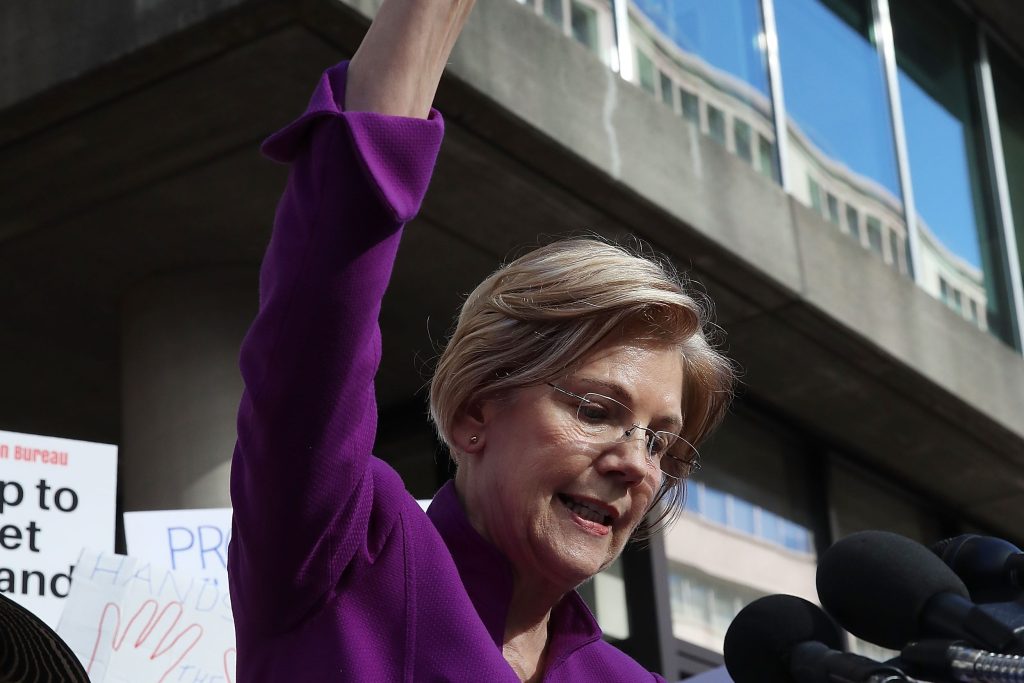The US Supreme Court has upheld the Consumer Financial Protection Bureau (CFPB) as a federal agency and its funding structure as established by Congress, rejecting a constitutional challenge by the banking industry and preserving a broad set of regulations that govern everything from credit cards to personal loans and home
Register for free to keep reading
To continue reading this article and unlock full access to GRIP, register now. You’ll enjoy free access to all content until our subscription service launches in early 2026.
- Unlimited access to industry insights
- Stay on top of key rules and regulatory changes with our Rules Navigator
- Ad-free experience with no distractions
- Regular podcasts from trusted external experts
- Fresh compliance and regulatory content every day













